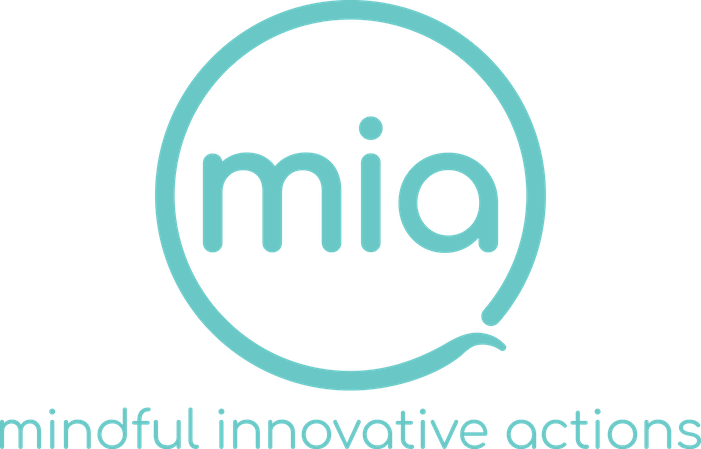Emotional intelligence is the ability to recognise your own and others' emotions, and respond to them constructively. A valuable life skill that determines the tenor of every interpersonal relationship you will ever have. Less obviously, it also plays a vital role in determining how you deal with stress and your general well being and happiness.
Emotional intelligence was a term first coined in the 1990’s, when Peter Salovey and John Mayer first floated the concept defining emotional intelligence as “a subset of social intelligence which involves the ability to monitor ones own and others feelings and emotions, to discriminate among them and use this information to guide one’s thinking and action.” A guy called Daniel Goleman then translated academic research into a highly successful book and identified four main pillars of emotional intelligence, these are self awareness, self management, social awareness and relationship management.
A recent study of health professionals found a direct correlation between emotional intelligence scores and well-being indicators like life satisfaction and happiness. The researchers “suggest an underlying process by which high emotional intelligence may increase well-being.... by reducing the experience of stress.” Emotional intelligence has also been linked to leadership effectiveness and improved personal relationships, because people with higher emotional intelligence have the ability to be self and socially aware.
The best thing about emotional intelligence? You can learn it. Unlike most other forms of intelligence, emotional intelligence can be developed at any age. So how can we develop these skills?
1. Empathy.
Practice being empathetic by paying attention to body language and non-verbal clues, like eye contact, stance and tone of voice. When you sense a lack of congruence between what someone is saying and what their unconscious language says them pay attention. Ask yourself ‘why?”
Are they uncomfortable in telling you something? Are they saying yes, when they don’t really want to? Is there some information that is being withheld? Are they just thinking about something else and not really present with you in the current conversation? In day to day conversations, being able to recognise the unconscious questions that people display is a great way to build relationships and demonstrate that you are listening. If you notice that someone is uncomfortable or not really saying what they think you can address that in a non-threatening way. Empathy is strongly correlated to relationship management and social awareness.
2. Mindfulness.
Mindfulness increases individuals efficacy as leaders because it helped to foster emotional intelligence. Mindfulness is the to be fully present in the moment, you are aware of your emotions and feelings but you are not overly reactive or overwhelmed. It is an important skills in terms of emotional intelligence because it allows you to create a space between having an emotion and acting on it, this space allows for more measured, constructive responses to others. The most common way to develop mindfulness skills is through meditation and practise, it is a learnt practise and just 20 minutes 3x a week is enough to start seeing a difference in your reactivity. Mindfulness can help you build self awareness and self management skills. At Mindful Innovative Action we love mindfulness and have developed a eight week online course if you are interested in learning more.
3. Self-awareness.
Related to mindfulness is self-awareness. But while mindfulness observes thoughts, feelings, and sensations, self-awareness refers to the ability to recognize their significance, causes, and, ultimately, whether or not they are constructive. For example, while practicing mindfulness you might note that your heart is racing, you feel flushed, and you're superficially angry – but looking deeper, you may find that that anger is rooted in disappointment, or feeling rejected by a loved one. This self-knowledge comes from self-awareness, and one way to develop it is to keep a journal of your feelings. Be sure to note what occurred to trigger a feeling, and then how you responded to it. This will help you identify unhealthy response patterns.
4. Self regulation
Self regulation is the ability to manage disruptive emotions and impulses, to think before acting. It also reflects the ability to cheer yourself up after disappointments and to act in a way consistent with your deepest held values. One way to develop it is to practice challenging your assumptions. For instance imagine a friend did not return your calls or texts for several days, you start to think that maybe they don’t like you anymore or that you have done something that has upset them. Instead of thinking that the lack of response from your friend is about you, try thinking about your friends life at the moment, are they really busy, do they have a lot going on. Reframe the discussion in your head.
One of the best things about the skills listed above is that they are mutually reinforcing. If you don't practice all of them every day – that's ok. But the sooner you start working techniques for boosting your emotional intelligence into your everyday life, the sooner you can begin to cultivate a trait that has been linked with better work performance, greater ability to manage stress, and better life satisfaction over all.



















